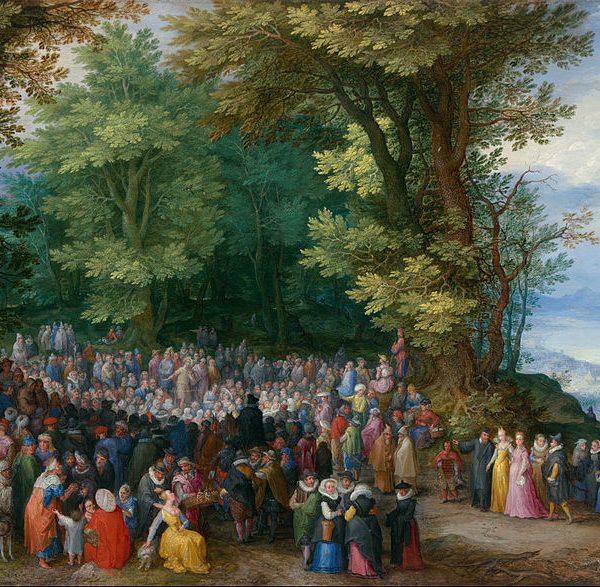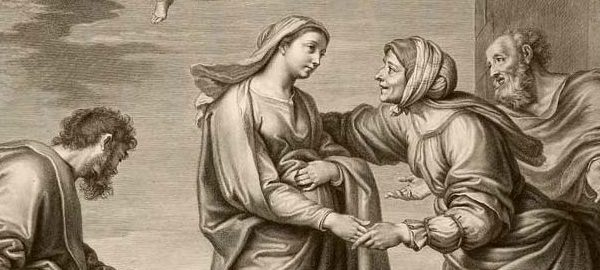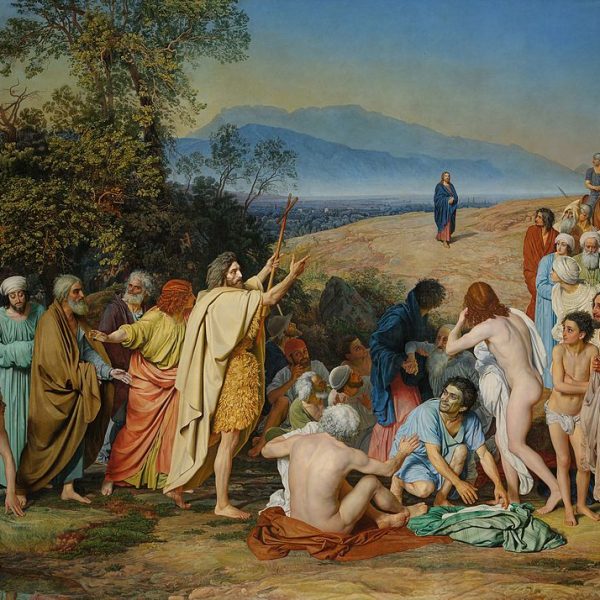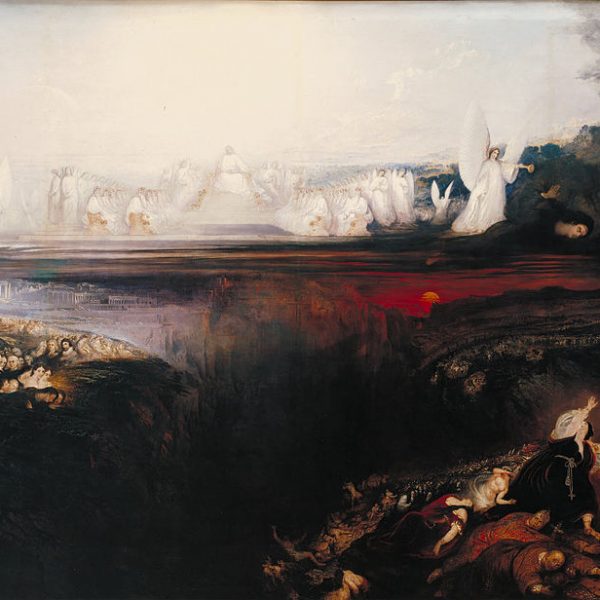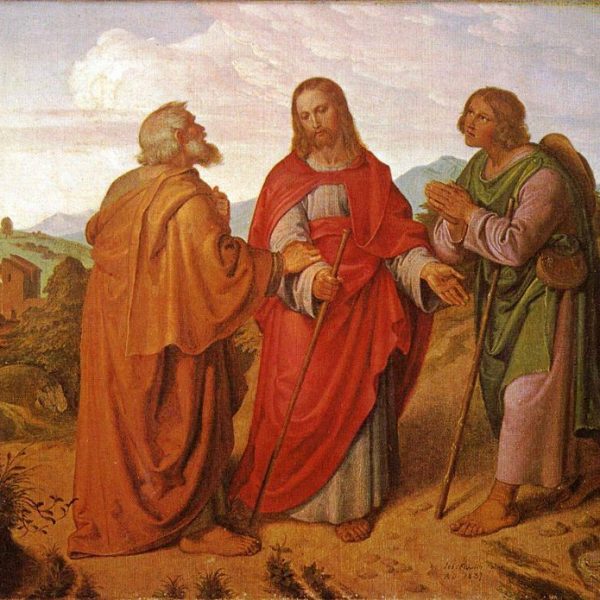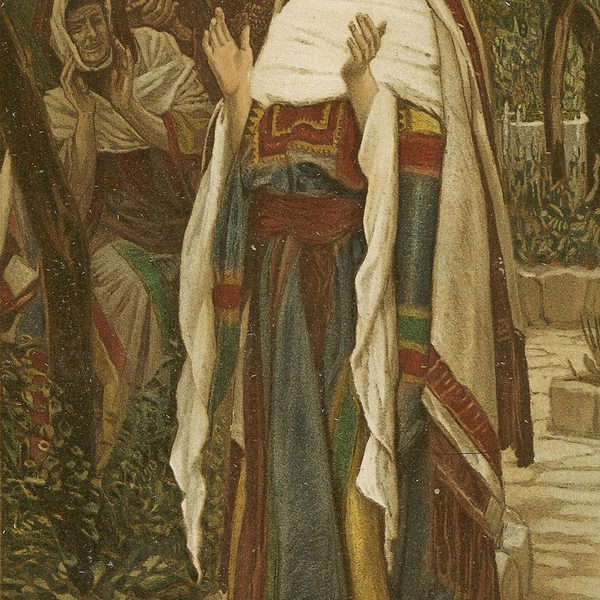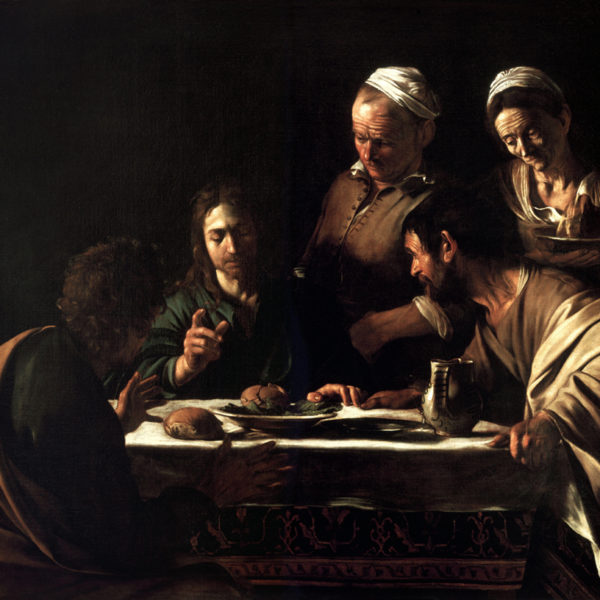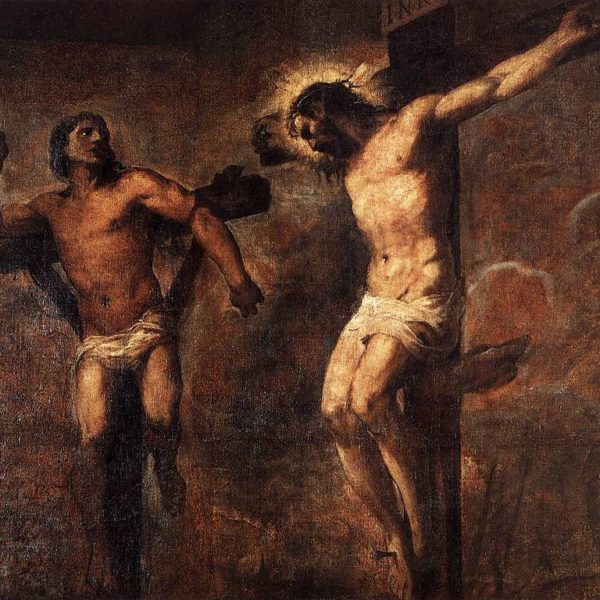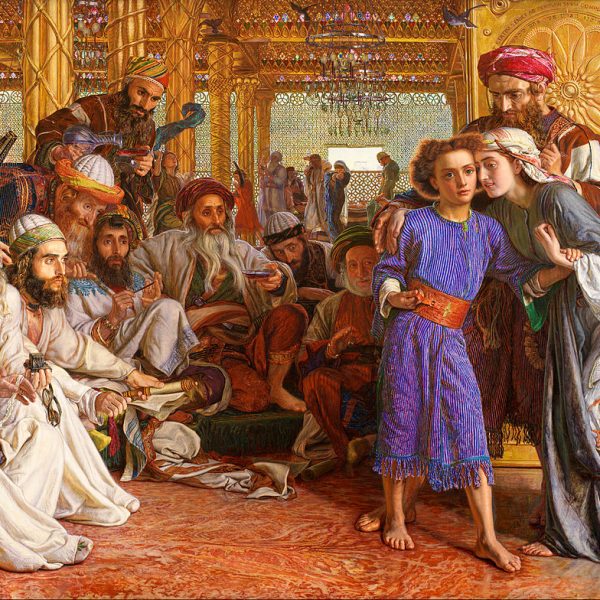
Where do we place ourselves in these narratives? What is our posture toward the prophets among us? Are we the prophetic children, the parents who tentatively support yet fear their calling, or the status quo that they oppose?
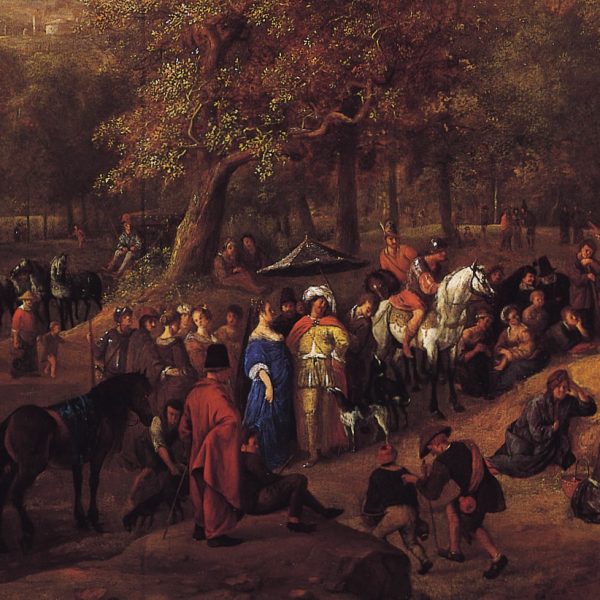
The message of John the Baptist challenges our complacency about sin, an attitude that pervades and perverts our entire life as a society.
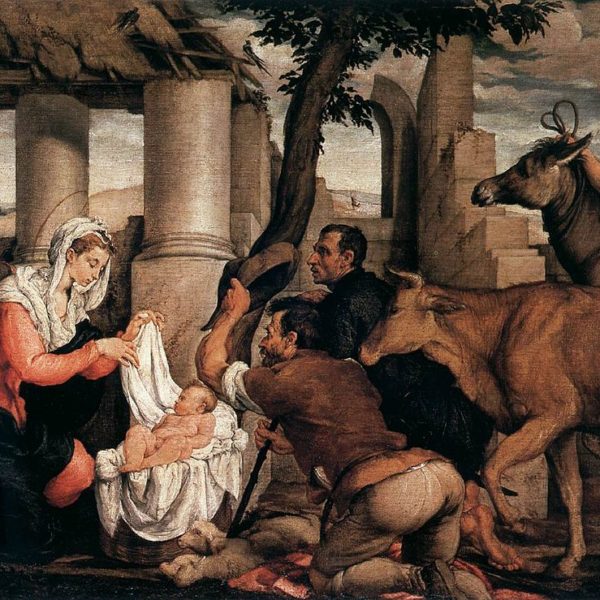
The story of the sign given to the shepherds—the Child wrapped in swaddling clothes, laid in a manger—both recalls and anticipates other scriptural events in significant yet surprising ways. It also reminds us of our vocation, as those who must declare the good news of the sign of Christ to the shepherds of our age.
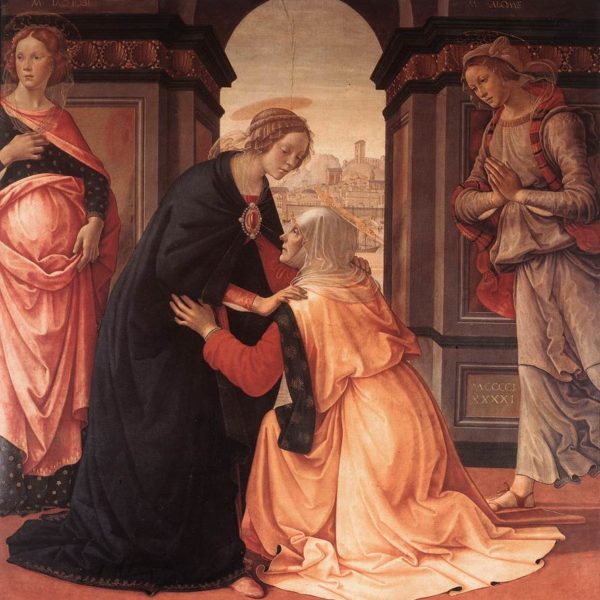
The Magnificat is a song of divine disruption, the song of God’s revolution.
